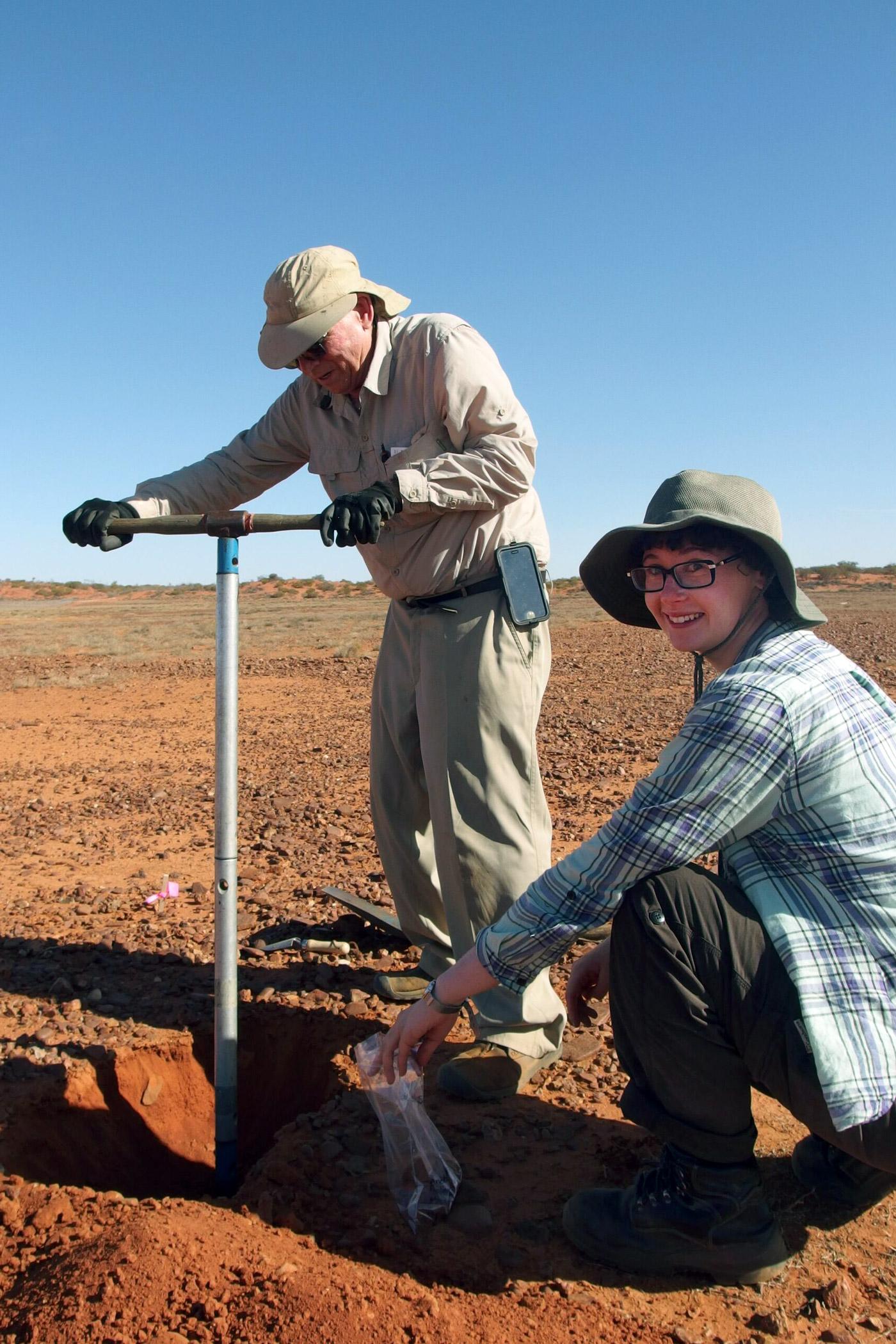'Ingenious' scientists feature at key research-industry showcase
University of Adelaide scientists will feature at Ingenuity 2020 – a showcase of student projects exploring real-life applications across all disciplines of science, technology, engineering and mathematics (STEM).
For the first time, the 27 October event will be fully online – allowing our students to connect with industry and potential employers, school students, science teachers and the general public – around the world via a virtual exhibition platform.
The University of Adelaide is also offering virtual STEM activities to high school students as part of the event.
Faculty of Sciences’ participants
Yeniu Wang (Mickey)
Project name: Detecting grapevine diseases with drones
Ingenuity theme: Transforming Technologies

Mickey’s project aims to use remote sensing and machine learning techniques to detect grapevine diseases which helps growers to manage their vineyards.
Australia produce huge amount of grape for wine making each year. The grapevine diseases could affect both yield and quality of the grapes. Early disease detection could significantly improve grower’s general practise. Recent advances in remote sensing platforms (e.g. drones) and sensors (e.g. high resolution multi- and hyper-spectral cameras) have enabled large-scale monitoring of vineyards.
Mickey uses hyperspectral and RGB cameras on board of commercial drones to acquire remotely sensed data. These multi-sensor data together with ground collected data and machine learning techniques will be used to develop a fast and simple way to detect grapevine diseases at early stage. This will provide better opportunity for the growers to manage the diseases.
Samantha Bywaters
Project name: Wild Orchids are Amazing!
Ingenuity theme: Our Built and Natural Environments

On a global scale, wild orchids are threatened with extinction due to increasing environmental pressures including weed invasion, loss of habitat, changed fire regimes, herbivory and climate change.
What is not known is how the 1700 species of Australian orchids are responding and how the pressures can be mitigated.
By analysing data collected from citizen scientists and undertaking field surveys, Sam’s study will determine the distribution of wild orchids and timing of their life cycle events to better inform their future management. Understanding the annual timing of orchid life cycle events such as leaf and flower emergence (i.e. phenology) is key to responding to their conservation needs.
Once baseline data has been collected, a range of practical conservation strategies will be trialled to determine best practice management in a bid to ensure orchid survival into the future.
Sophie Dolling
Project name: Detecting chemical tracers from plastic in seafood
Ingenuity theme: Our Built and Natural Environments

Plastic pollution is considered one of the greatest threats facing our oceans and marine life. When plastics degrade in the water column, compounds added to them during the production process can be released. These compounds are extremely hydrophobic causing them to sorb to microplastics in the water column and be transported through trophic food webs by ingestion.
There is little research on the presence and transportation of these chemical tracers, especially on Australian fish. Sophie's aim was to develop methodology for the analysis of plastic-associated compounds in fish tissues.
Sophie's research compared two extraction methods; accelerated solvent extraction (ASE) and ultrasonic extraction (USE), followed by gas chromatography mass spectrometry (GC-MS).
This project shows that a multiresidue analytical method can be produced for a complex matrix like fish tissue. The results of this research will allow better evaluation of chemical pollution in commercially important fish species.
Andrea Stiglingh
Project name: Conservation & Rusty Fences: Finding a 'soil'ution
Ingenuity theme: Our Built and Natural Environments

Feral-free havens play an important role in many conservation programs. The corrosion (rusting) of feral-proof fencing due to contact with soils can be a significant management issue. There are a range of different methods that managers can use to identify the potential risk of soil corrosion, however none of these have been specifically designed for use in Australian soil environments.
Andrea's research aims to develop an Australian-specific soil classification tool based on key soil attributes such as soil salinity, soil pH and soil carbonate content. This tool can assist nature reserve managers in identifying areas of low and high soil corrosion risk, and consequently help inform fence design and ensure appropriate fence materials are used in different soil environments.
Ruby Hume
Project name: pHixing acid soils for the pHuture
Ingenuity theme: Healthy Society

Healthy soils are vital to protect the food security of our planet. Ruby's research focuses on one specific risk to soil health: soil acidification.
When soils acidify, plants are affected and their growth is reduced. For farmers who rely on crop growth for their livelihood, and for consumers who need to eat, this is a huge problem.
Ruby am exploring new technologies that can help us understand the most effective ways to treat soil acidification. Specifically, my research uses a technique called Infrared Spectroscopy, which can show us how light and matter interact. This technique provides information about soil properties in a fast and effective way, allowing me to measure how acidic soils respond to different treatments.
Ruby hopes to shine a light, both literally and figuratively, on the complex and fascinating world of soils, to ensure that we can maintain the health of this precious resource way into the future.
